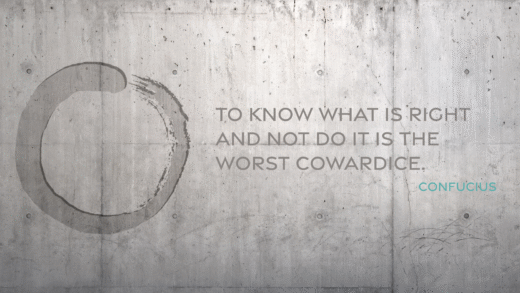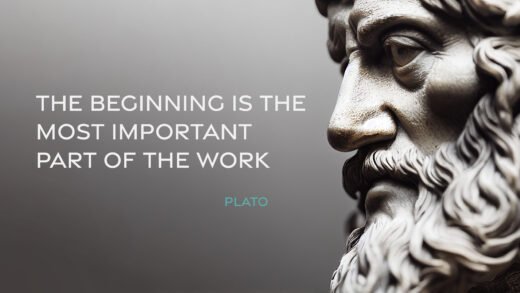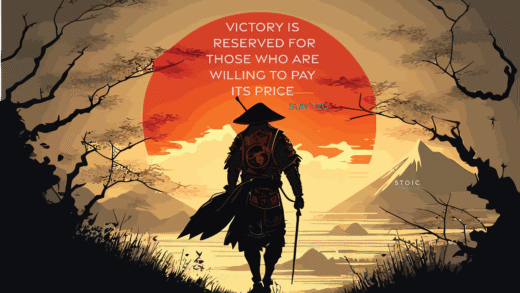These words echo a truth the Stoics understood deeply: the greatest battles are waged within. “It is our own mind, not our enemies, that lure us.”
Consider the weight of that statement. How often do we point outward, assigning blame for our frustrations, our anxieties, our missteps? We see the external obstacle, the difficult person, the unfair circumstance, and believe it to be the source of our unease, our suffering.
But the Buddha’s wisdom, so aligned with Stoic thought, gently redirects our focus. It suggests that the power to disturb lies not in the external, but in our internal landscape. It is our judgments, our interpretations, our reactions, our desires that truly “lure” us into suffering.
Think of anger. Is it the insult itself that burns, or our judgment of that insult as a personal attack? Consider fear. Is it the uncertain future that paralyzes, or our anticipation of negative outcomes?
The Stoics taught us the power of our assent. We have the capacity to choose how we respond, to examine our impressions, and to detach from what lies outside our control. This isn’t about denying the existence of external challenges, but about recognizing where true agency resides: within our own minds.
This understanding is not a burden, but a liberation. If the source of our turmoil lies within, then so too does the power to find peace. By cultivating inner resilience, by questioning our assumptions, by practicing virtue, we begin to untangle the lures of our own minds.
Let this wisdom flow through your day. Observe your reactions. Where are you assigning blame externally? Where might the true source of your struggle lie within?
Take a moment now: Identify one external frustration. Now, gently turn your gaze inward.
What thoughts or judgments are fueling that frustration? Can you meet those thoughts with mindful awareness, without immediate acceptance?




